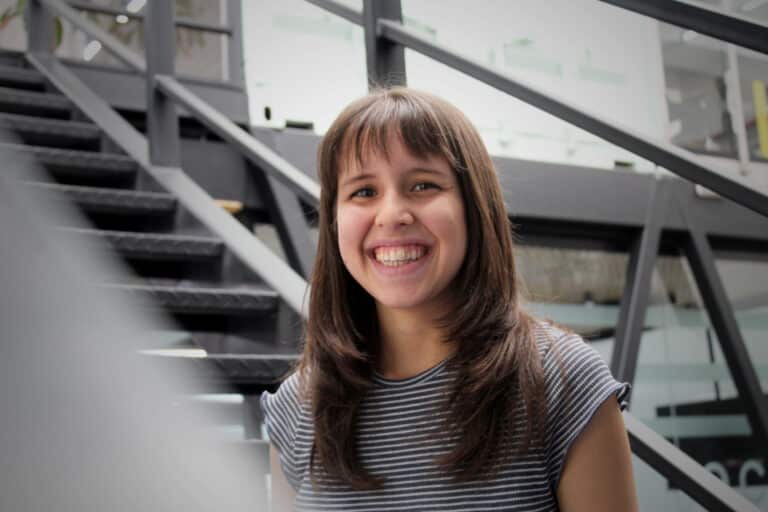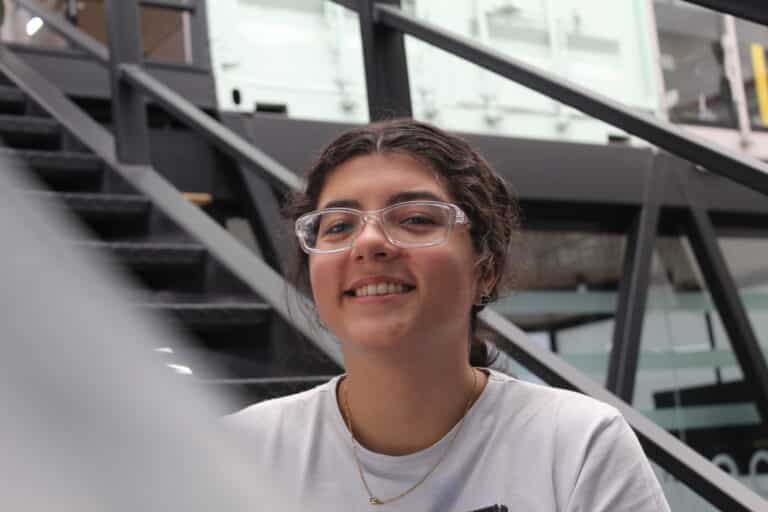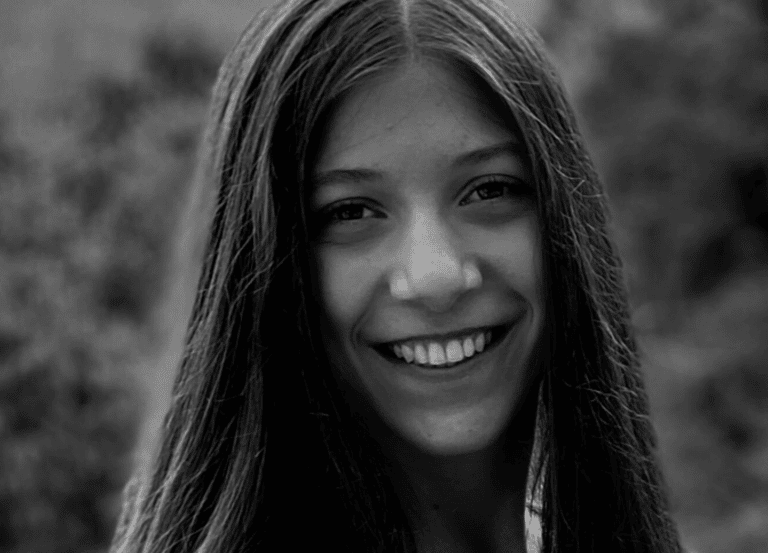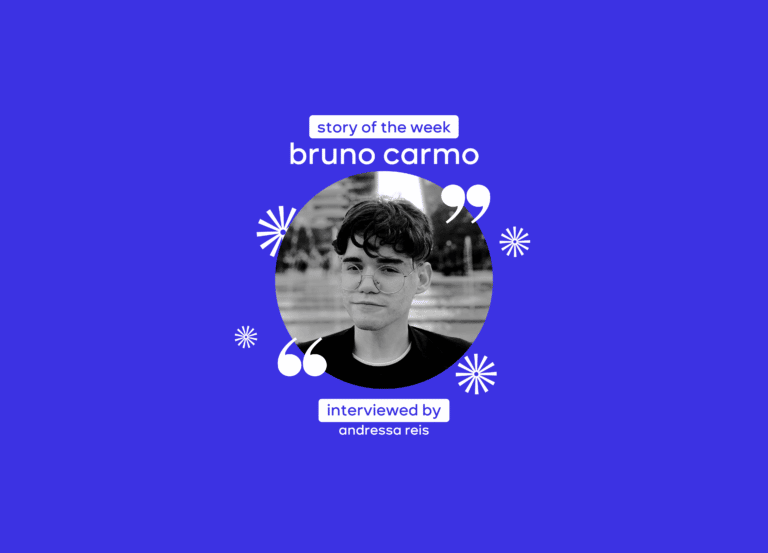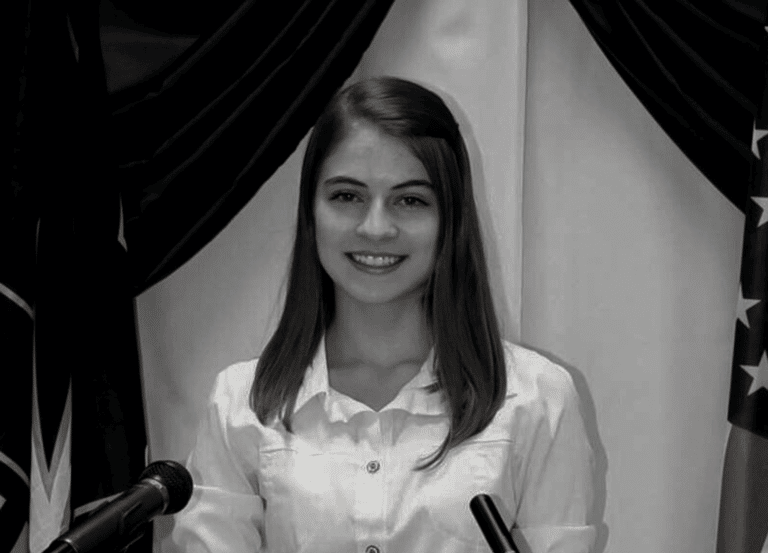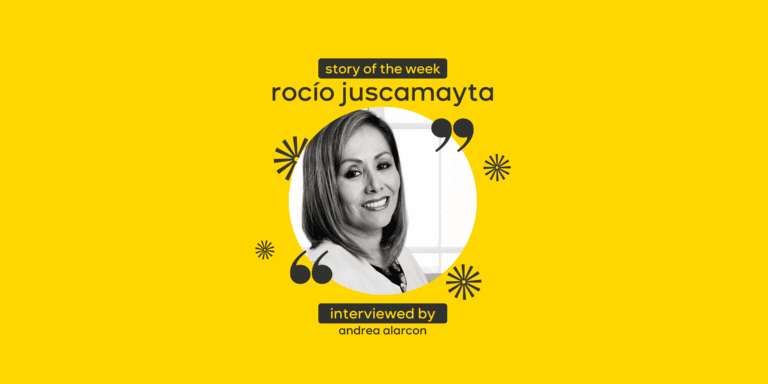Interview with Luiza Salek, an environment advocate
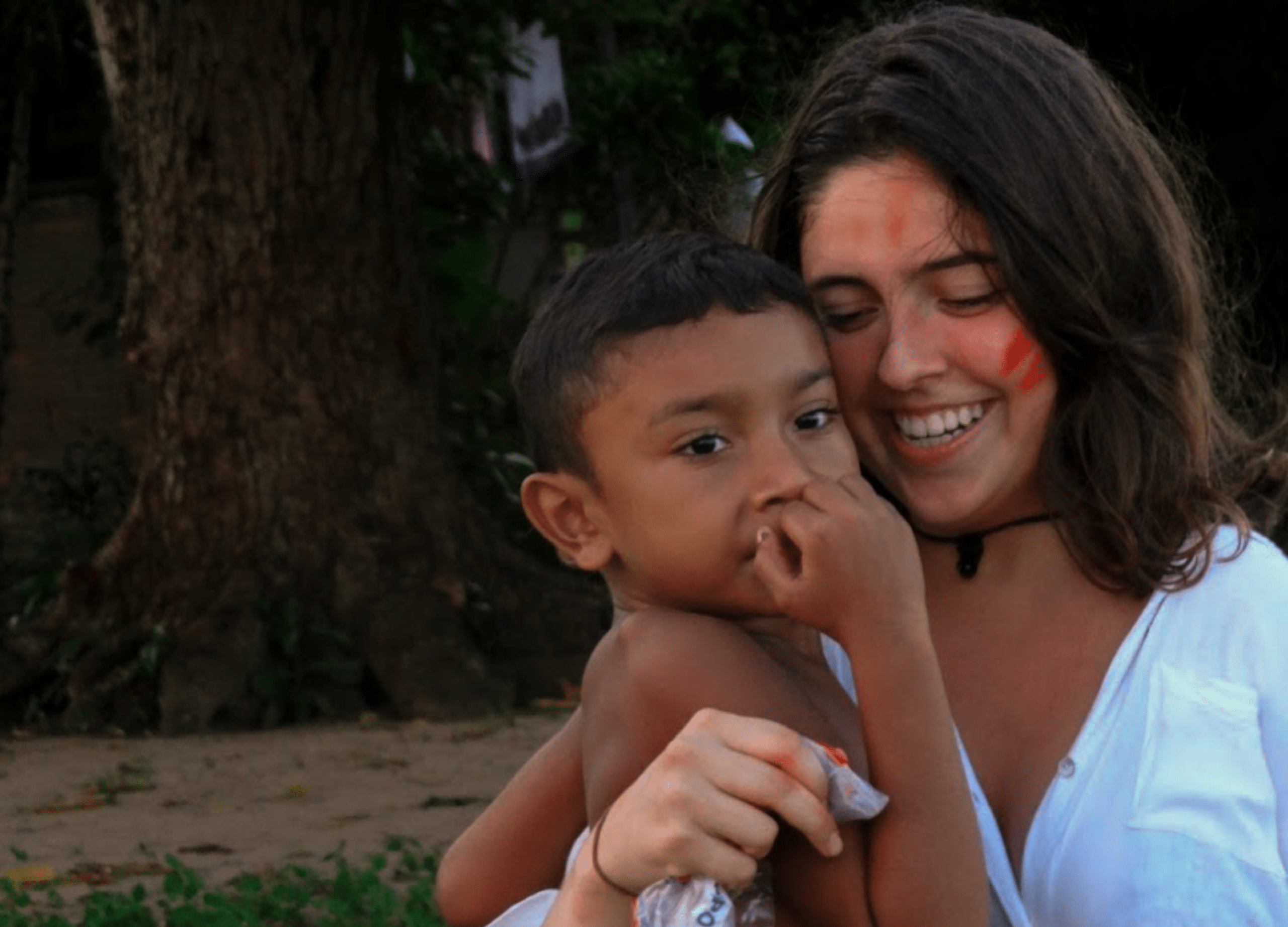
Growing up in the green, mountainous city of Rio de Janeiro, Brazil, one may be surprised to see other cities utterly devoid of nature. Growing up surrounded by nature and so near adventurous expeditions could also render one increasingly angry as they realize the destruction humans are having on the natural world. Growing up in this habitat may even result in becoming an impassioned environmentalist like Luiza Salek.
She had already been brought up in a nature-loving family, but then one school immersion trip catalyzed everything. Her class went to live with the Anã people in the Amazon for 10 days, dramatically changing many of their perspectives.
“When we came back, everything was the same, but we were not the same,” Luiza said. “Everyone felt what we experienced really deep inside.” What they experienced was a culture devoid of any materialism: They slept in hammocks and had a simple way of life, yet Luiza recalled the horror of seeing plastic wash up on the river that went through their town.
“You could see plastic washing up on their land, and there is no garbage trucks or any way for them to dispose of it, so they had to burn it, which is really unhealthy,” Luiza said with palpable pain. She described the feeling of being surrounded by trees with no real signs of human intervention or control of nature, saying that in this community, the people “adapt to nature instead of making nature adapt to our lifestyle,” like what she sees in Rio.
Needless to say, upon her return from the immersion trip, she saw things in a new light. Already following a plant-based diet and conscious of her consumption, she and her peers also began to see materialism’s true lack of significant relevance to their lives.
Later, as Luiza grew increasingly concerned about the state of nature when the Amazon fires started, she quickly created Amazon on the Streets, made a Facebook group, and organized a climate march that was a resounding success with over 8,000 people attending, with some newspapers claiming it reached up to 20,000 people. However, despite organizing this event and others like Fridays for Future, she realized that many people in Brazil do not have the information they need to understand the paradigm shift the world is going through.
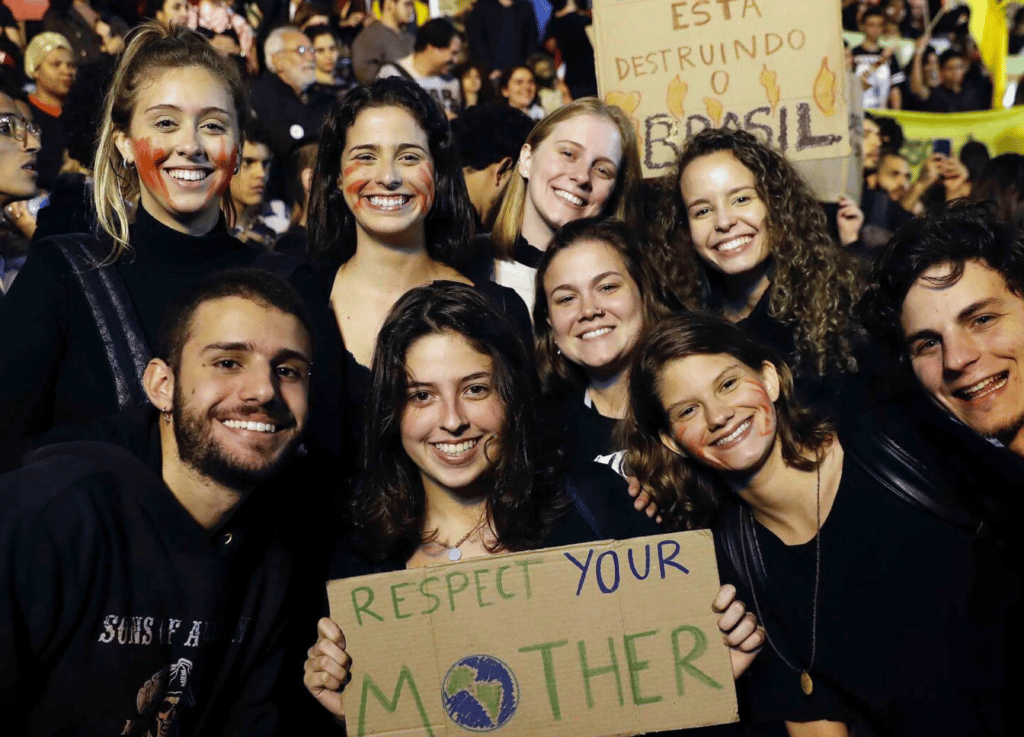
“It is painful not only to watch all of this destruction but to see how people are not connecting to what is happening,” Luiza said. “I have been there with the people affected most by this, so when I see what is happening, I feel it, and it is so painful to watch other people not feeling it as well.”
This is one of the biggest reasons she wants to go abroad to major in environmental studies, which is not even offered in Brazil. As she discussed the relative privilege she has, such as always having food on her plate, her clothes washed, and the financial support of her parents, she simply said, “I do not want this…I need to go study what actually makes sense for me, and I will have to do that outside of Brazil.”
But when pressed further about what her long-term plans were, Luiza very matter-of-factly spoke about how she is in no position to make plans far in the future. “I am not someone who has been doing long terms because the planet is really unstable,” Luiza said. “We are destroying these communities. I don’t think anybody will be able to live apart from this crisis anymore.”
Being so focused on an issue that is getting worse and that she cannot fix it on her own has come with its frustrations, and Luiza thanked the LALA Bootcamp she attended for giving her more hope about the future. “I keep up with the news all the time, and sometimes this takes me to a place of grief very quickly for everything that we are destroying and losing… it’s like a place of despair,” Luiza said. “Going to LALA really let me have perspective on this situation, and meeting all these passionate people made me more hopeful and I came back to Brazil really motivated to change things, and that is what I have been doing.”
In a literal and figurative sense, Luiza has become a product of her environment. Above all else, she wants to ensure that the nature she grew up around and sees as vitally important will be able to reverse course through improved human sustainability so it can be prosperous and stable for generations to come.
